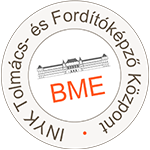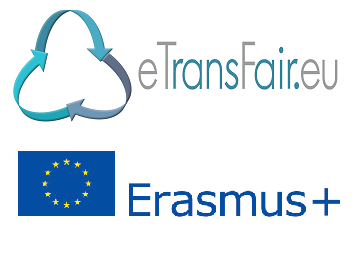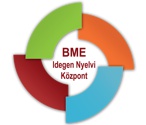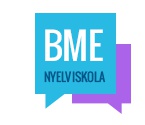Trainee report on the lecture held at BME TFK by Dr Péter Iván Horváth on revision and review
Trainee report on the lecture held at BME TFK by Dr Péter Iván Horváth on revision and review
In the framework of the Trainees Meet Professionals event held in November, our guest was Dr. Péter Iván Horváth. He delivered a talk on revision and review, the scope of reviser’s duties and responsibilities, and the relationship between translators and revisers. He also highlighted the qualities of professional revisers and the features of what we regard as ideal revision.
Péter Iván Horváth, a former director of translation at the Hungarian Office for Translation and Attestation Ltd. (OFFI), has worked as a specialized translator, a reviser and a conference interpreter (EMCI) with English and Spanish. He wrote his PhD thesis on revision and review, so it can be stated without exaggeration that our lecturer is a leading expert in the field of revision and review in Hungary. This expertise, coupled with remarkable presentation skills, radiated from the speaker as he was providing us with realistic information about revisers’ responsibilities and the characteristics of ideal revision.
Assuming that some of us may previously have not been aware, there is no specific profession such as a reviser in Hungary, let alone a university specialization – two facts that the lecturer made quite clear right at the beginning of his presentation. At Hungarian translation offices, revision and review are usually part of the translator’s work, and payment is only about the half or third the translator’s fee. This can lead to situations when a translator needs to revise a colleague’s work or accept criticism and corrections from their peers. Such as human nature, these situations can result in personal conflict between translators and their revisers, which can also be reflected in the quality of the work done. Our speaker described the relationship of translator and reviser as a ‘mental tug-of-war’ – at times revisers need to make unnecessary changes, while translators refuse to accept corrections that they believe have been made unreasonably.
The lecturer also highlighted some of the gravest mistakes we have to avoid as translators or revisers, in order to preserve our professional integrity. In my opinion, this was a really interesting part of the lecture, since it is useful to encounter the pitfalls and difficulties of the profession already during the course of our studies. In this way, we have enough time to prepare ourselves and develop a conscious behaviour so as to avoid these kinds of problems.
The presentation also gave us an insight into the specifics of revisers’ job. The speaker provided the listeners with a detailed description of the qualities of a good reviser with a strong emphasis on human factors and the characteristics besides the professional aspects. The role of an ideal reviser is not only quality assurance, but also providing support while the translator is progressing. To conclude, the audience heard about the qualities of good revision and review. Péter Iván Horváth highlighted that the two main objectives we should take into account: one is the quality of the end product, and the second is customer satisfaction. At the event, the attendees got a realistic view of revision and review presented with an excellent style.
A video recording of the event is available for anyone who could not attend the lecture on 8 November 2017.







